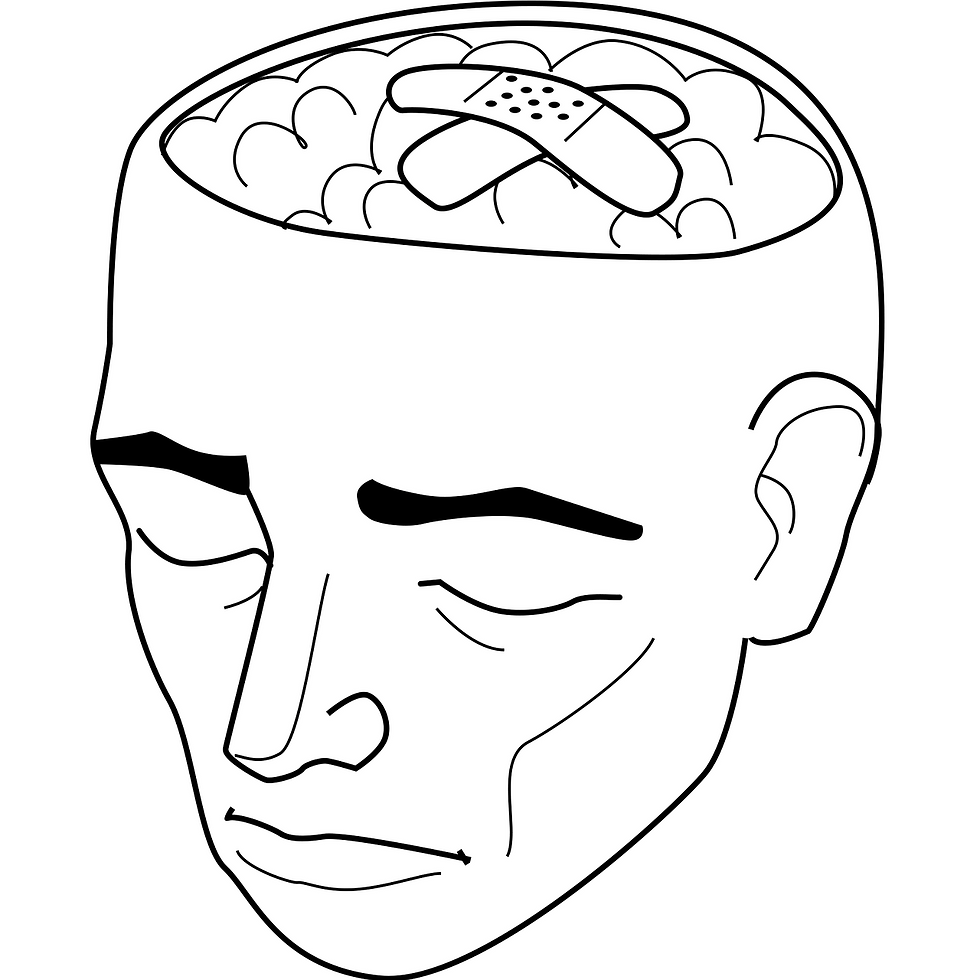Mental Health Benefits of Exercise
- Sep 10, 2019
- 2 min read
Exercise works.
Exercise is not just about aerobic capacity and muscle size. Sure, exercise can improve your physical health and your physique, trim your waistline, improve your sex life, and even add years to your life. But that’s not what motivates most people to stay active.
People who exercise regularly tend to do so because it gives them an enormous sense of well-being. They feel more energetic throughout the day, sleep better at night, have sharper memories, and feel more relaxed and positive about themselves and their lives. And it’s also powerful medicine for many common mental health challenges.

Regular exercise can have a profoundly positive impact on depression, anxiety, ADHD, and more. It also relieves stress, improves memory, helps you sleep better, and boosts your overall mood. And you don’t have to be a fitness fanatic to reap the benefits. Research indicates that modest amounts of exercise can make a difference. No matter your age or fitness level, you can learn to use exercise as a powerful tool to feel better.
Today, we want to inspire you to exercise by reading up on a few unexpected ways that working out can benefit mental health, relationships and lead to a healthier and happier life overall.
“OK, I’m in. But how much exercise?”
Research has shown that three or more sessions per week of aerobic exercise or resistance training, for 45 to 60 minutes per session, can help treat even chronic depression.
Effects tend to be noticed after about four weeks (which incidentally is how long neurogenesis takes), and training should be continued for 10-12 weeks for the greatest anti-depressant effect.
With today’s trend for "10 seconds to a new you"-type solutions, this may seem like a lot of exercise, but no worthwhile mental health fix comes for free. Exercise levels below these recommended amounts are still beneficial, and of course the side effects (weight loss, increased energy, better skin, improved physical health, etc.) are pretty palatable.
The brain actually has a neat trick to get us back on track too. Even small improvements in exercise levels or diet create a positive upward spiral that increases the sensitivity of the dopamine receptors that signal reward, so that exercise will eventually become rewarding, even if that seems unimaginable at the outset.
















Comments